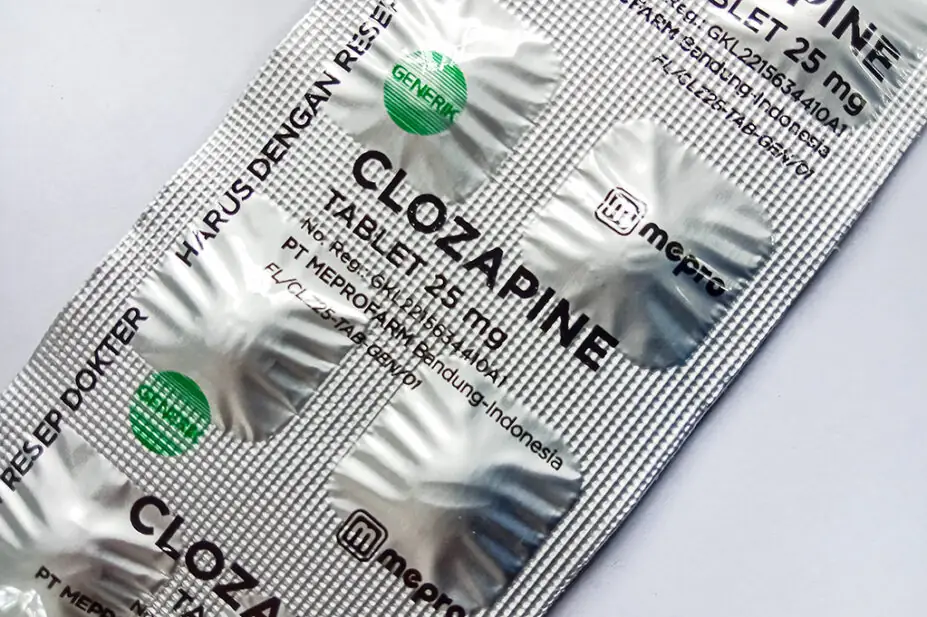
Shutterstock.com
A coroner has written to Essex Partnership NHS Foundation Trust voicing concerns that a “sub-therapeutic” dose of the antipsychotic medicine clozapine led to the death of a patient, who fell from a height at a multi-storey car park.
In a ‘Prevention of future deaths’ (PFD) report, published on 14 August 2025, Sonia Hayes, an area coroner for Essex, raised concerns that the results of a routine blood test to check Resmije Ahmetaj’s clozapine assay showed “markedly sub-therapeutic blood levels of antipsychotic medication”, which was not acted upon.
The blood test was taken on the 3 June 2024, with the results reported to a psychiatrist on 7 June 2024, according to the report.
Hayes also noted that the results were contrary to the patient telling clinicians that she was compliant with her medication and did not have any noted risks that would cause interference with her medication.
However, on 24 June 2024, Ahmetaj told clinicians that she thought the clozapine was not working.
On 27 June 2024 — the day of the patient’s death — Ahmetaj reported that she no longer wanted to take the medication and requested to revert back to a previous medication quetiapine.
The report also noted that Ahmetaj did not agree that she had schizophrenia.
“These matters were not escalated to the psychiatrist and Ms Ahmetaj was informed to continue her clozapine and wait for her appointment on 1 July [2024], and there was no consideration of the risk of relapse of psychosis,” Hayes said.
Hayes also highlighted that there were omissions “relating to symptoms and potential signs of deterioration and compliance with medication” in the trust’s record keeping.
Clozapine is the only drug used for treatment-resistant schizophrenia, and patients taking the drug must undergo monthly blood monitoring owing to the risk of neutropenia and agranulocytosis.
The Medicines and Healthcare products Regulatory Agency is currently reviewing blood monitoring requirements for patients in the UK.
In July 2025, the European Medicines Agency announced it would reduce the frequency of required blood monitoring to lessen the risk of severe neutropenia and agranulocytosis with clozapine.
David Taylor, director of pharmacy and pathology at South London and Maudsley NHS Foundation Trust, noted that the PFD report contains limited information, but said: “What is more important is how this blood level compared with previous levels in the same patient on the same dose. If the level were substantially lower, then this should have provoked some investigation of the patient’s adherence to the medication.
“Clozapine is, to some extent, its own measure of compliance since when it is not taken — relapse occurs within a few days and can be catastrophic.
“The limited information here is that the level was low, and there were reports that the patient was not taking clozapine as directed. This should have led to immediate investigation and, if necessary, action.”
He added: “Another complicating factor is that it can take several days for drug levels to be reported. Three to four days is not unusual and it can be longer. This means that immediate action cannot be taken — the reported blood level will be from three to four days before. By this time, the patient may well have relapsed anyway.”
Paul Scott, chief executive of Essex Partnership NHS Foundation Trust, commented: “I want to apologise both personally and on behalf of the trust at the failings in Resmije’s care and to send our deepest condolences to her loves ones.”
Essex Partnership NHS Foundation Trust is required to provide a formal report to the coroner by 7 October 2025.


